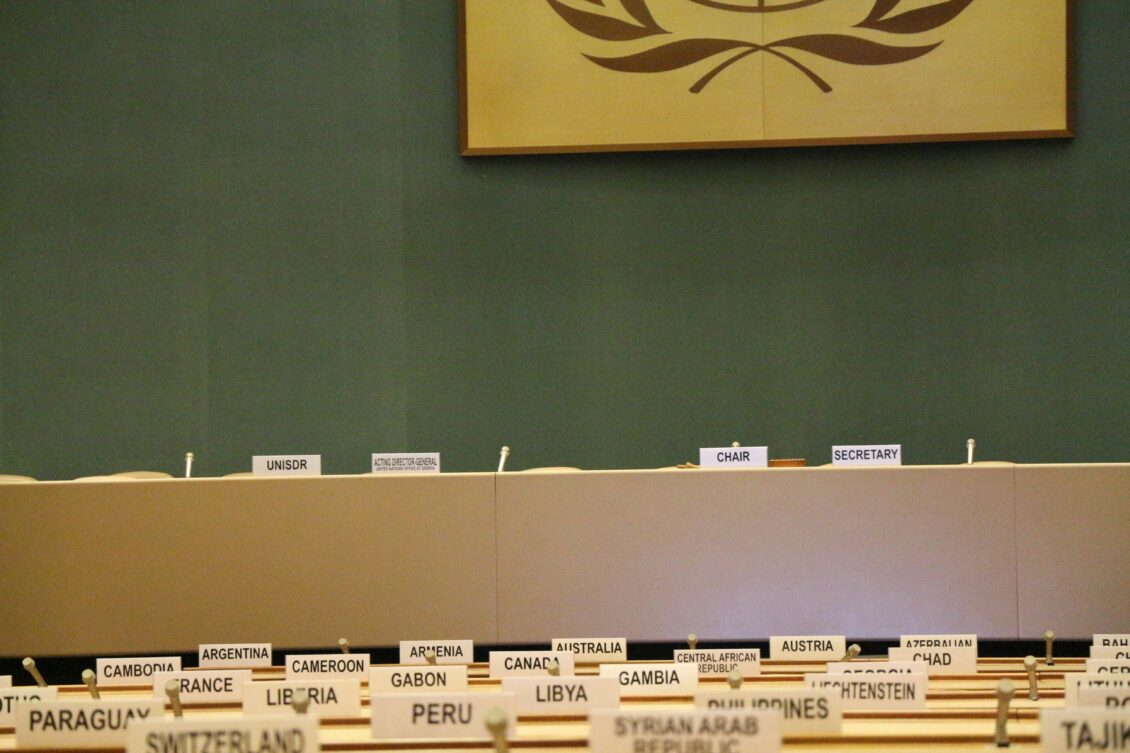The original article in Spanish can be read here.
The current international tax system is broken and must be completely overhauled. There is a solution: a UN Framework Convention on International Tax Cooperation.
Dereje Alemayehu
Countries lose $1 billion in revenue every day to tax manoeuvres that abuse outdated and ineffective international tax rules.
This money should have been used to finance public health services, improve the quality of education, and develop infrastructure that improves the lives of people, especially the most marginalised, worldwide.
The idea of “global tax abuse” may sound abstract. But its consequences are not. Tax abuse worsens inequalities, leads to the loss of purchasing power, and deteriorates the quality of public services.
The global tax rules need urgent reform. The current international tax system is broken. It cannot be fixed; it must be completely reformed. There is a solution: a UN Framework Convention on International Tax Cooperation.
Led by the Africa Group and the G77, countries from the Global South have successfully triggered negotiations for new global tax rules at the UN. This is the first time that all UN member states can discuss effective and inclusive international tax cooperation on an equal footing. The blueprint for the UN Tax Convention will be negotiated from July 29th to August 16th at the UN Headquarters in New York.
All countries will meet for three weeks to discuss issues ranging from illicit financial flows to eliminating secrecy jurisdictions.
The importance of the process initiated at the UN cannot be underestimated. Developing countries, which lose a disproportionate amount of their revenues due to tax abuse, are currently forced to the sidelines, if not completely excluded, from discussions on international tax “cooperation.”
Developed countries are attempting to control global tax rules by holding negotiations at the OECD and the G20, despite failing to produce effective measures over the past decade. The failure of the OECD’s “Inclusive” Framework on Base Erosion and Profit Shifting (BEPS), which excludes civil society and the full participation of developing countries, hurts everyone. The OECD’s members themselves warn that BEPS can result in revenue losses and countries such as the United States have not even signed on.
The OECD process is undemocratic, ineffective, and a distraction from the only process where we can fix global tax rules: the UN negotiations. The UN is the only platform where all countries can come together to build new effective international tax rules.
Intergovernmental tax negotiations are a long-awaited and promising process that can deliver inclusive and effective international tax cooperation. As the next round of negotiations resume, we, as citizens and members of civil society, will continue to demand a UN Tax Convention where all states participate in good faith.
###
About the Global Alliance for Tax Justice
The Global Alliance for Tax Justice (GATJ) is a South-led global coalition in the tax justice movement. Together we work for a world where progressive and redistributive tax policies counteract inequalities within and between countries, and generate the public funding needed to ensure essential services and human rights.
Created in 2013, GATJ comprises regional tax justice networks in Asia (Tax & Fiscal Justice Asia), Africa (Tax Justice Network Africa), Latin America (Red de Justicia Fiscal de América Latina y el Caribe), Europe (Tax Justice-Europe) and North America (Canadians for Tax Fairness & FACT Coalition), collectively representing hundreds of organisations.
